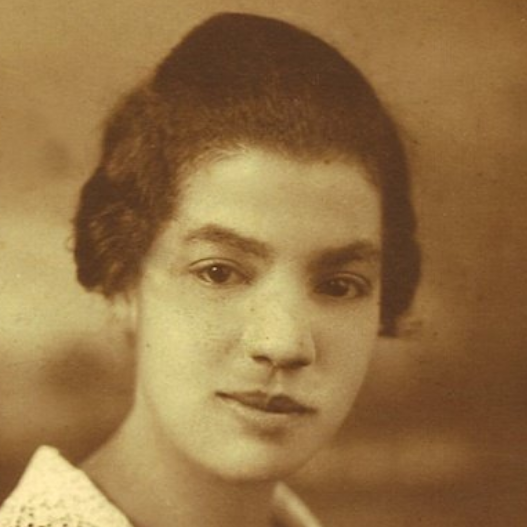
The Columbia University School of Social Work has initiated a new scholarship program for incoming social work students who received their undergraduate degrees from historically Black colleges and universities. The new scholarship aims to increase the number of Black students and faculty and, ultimately, to train more social work leaders who look like and understand the communities they serve.
The scholarship is named for Winona Cargile Alexander who was the first HBCU graduate to enroll in what is now the Columbia University School of Social Work. A native of Columbus, Georgia, Alexander was a founder of Delta Sigma Theta sorority while a student at Howard University. After earning a bachelor’s degree in English, she taught school in Missouri before receiving a graduate fellowship for graduate studies at Columbia. She earned a master of social work degree in 1916 and then became the first Black social worker in New York City. She later moved to Florida and continued a career in social work. She died in 1984 at the age of 91.
The Winona Cargile Alexander Scholarship is designed to provide more alumni of HBCUs with access to a Columbia School of Social Work degree, which is the only social work master’s degree conferred by an Ivy League institution. All applicants to the school who are HBCU alumni are now considered for the scholarship, which is primarily need-based.
The first recipients of the award are Gabrielle Francis and Kyra Roberts. Francis received a bachelor’s degree in child development and family studies from Oakwood University in Alabama. “Growing up as an Afro-Caribbean, I have made it my goal to be the person that I needed when I was younger,” she said.
Roberts earned a bachelor’s degree in social work at Clark Atlanta University. “I hope to be an advocate for change, to encourage and support people in their journey of help, and to reduce barriers that contribute to health disparities in order to improve health equity,” Roberts said.


